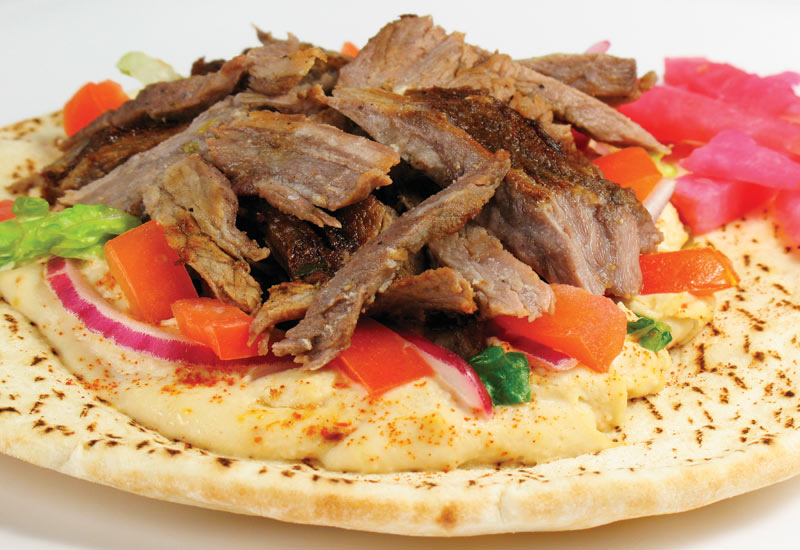“We don’t go into a lot of detail during the booking process regarding sharia. We always tell them we do not have a bar to manage expectations. But through marketing we need to keep it very simple.
“We prefer to give potential guests a chance to see the brand culture and use the website as a vehicle to provide the information they’re looking for. Our website states clearly the hotel’s core values,” says Gordon.
Tamani is careful to illustrate the brand’s values as Arabic hospitality. “That’s the focus because we want people to be comfortable with the idea and we want to attract people from all markets. We can’t rely on business from GCC nationals,” he explains.

Advertisement
Appealing to all markets
Gordon says the ‘sharia’ terminology can sometimes “scare people off” and he suggests this could be one of the reasons hotels have been reluctant to attach the term to their brand, in spite of the apparent customer demand for the concept.
“If you’re in Scandinavia and you’re on a website booking a room in a Dubai hotel, if you see a property offering ‘genuine Arabic hospiality’, it’s more endearing than saying sharia compliant; especially when a lot of people don’t know exactly what that means,” asserts Gordon.
V. Five Continents has also been “extremely careful not to overburden the dry hotel, sharia compliancy or Islamic trends, which may be perceived as scary or taboo”, says Jaoude.
“That’s one of the reasons that pushed us not to go over the edge with the concept and is why we’ve dressed it up with other concepts such as wellness, which is widely accepted.”
Likewise, Rotana stresses that its new Rayhaan brand is not just targeting Muslim travellers. “Alcohol is not served in this brand, but we provide an environment and service where anyone will feel at ease, not just Arab nationals or Muslims,” says Elias.
Gordon explains it is important for sharia-compliant hotels to be flexible to guest requests and their surroundings. For example, a sharia-compliant hotel in Dubai may not need as strict practices as the same hotel situated in Saudi Arabia.
“There are no set rules for hotels and the meaning of sharia differs from country to country,” explains Four Seasons Riyadh senior sales managher Eslam Fouad.
At the Four Seasons Riyadh, the hotel does not serve alcohol, does not have nightclubs, nor casinos, marriage certificates have to be presented at check-in for a man and woman to share a room and the hotel cannot hold mixed-sex events.









 Search our database of more than 2,700 industry companies
Search our database of more than 2,700 industry companies









